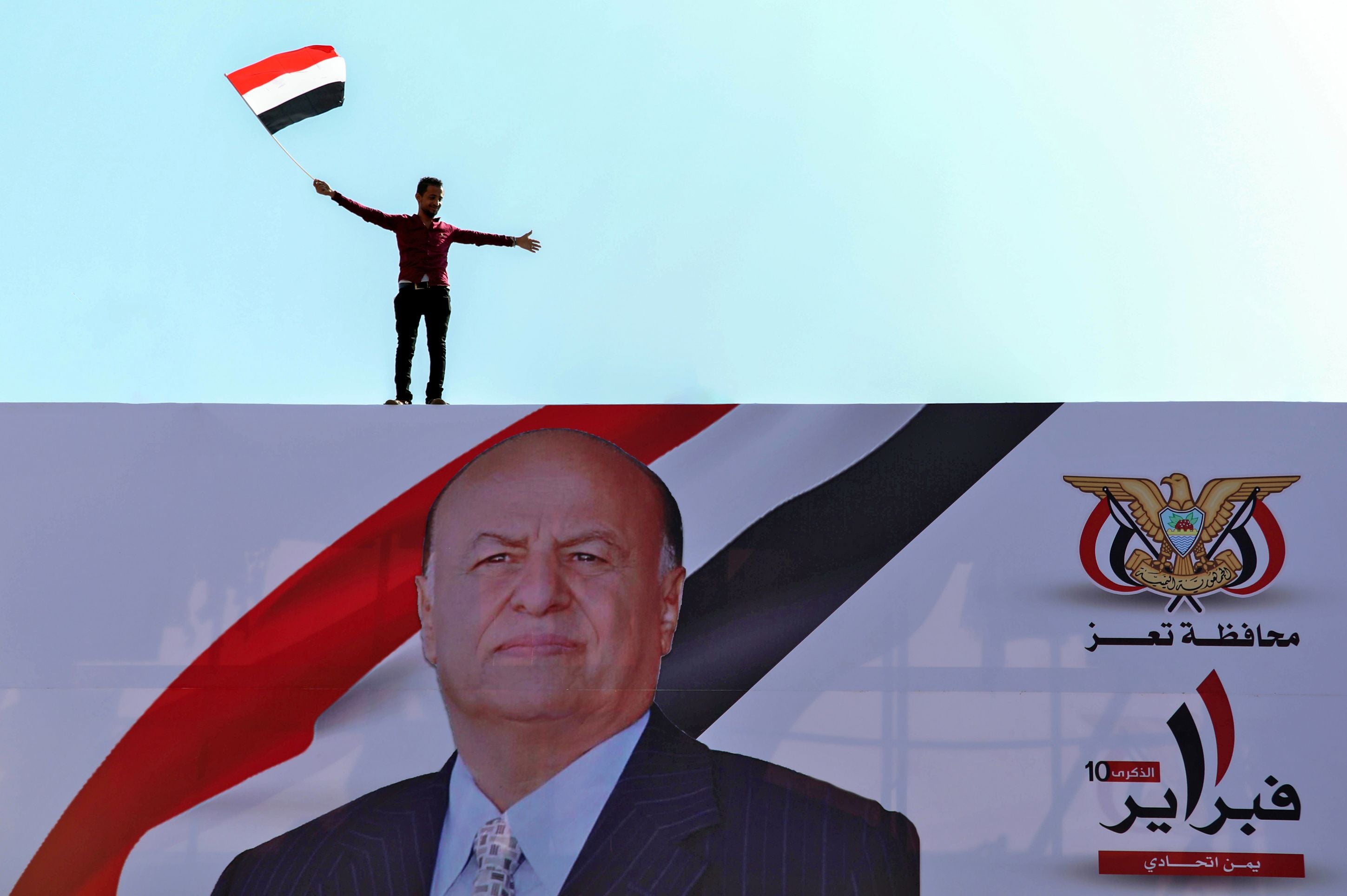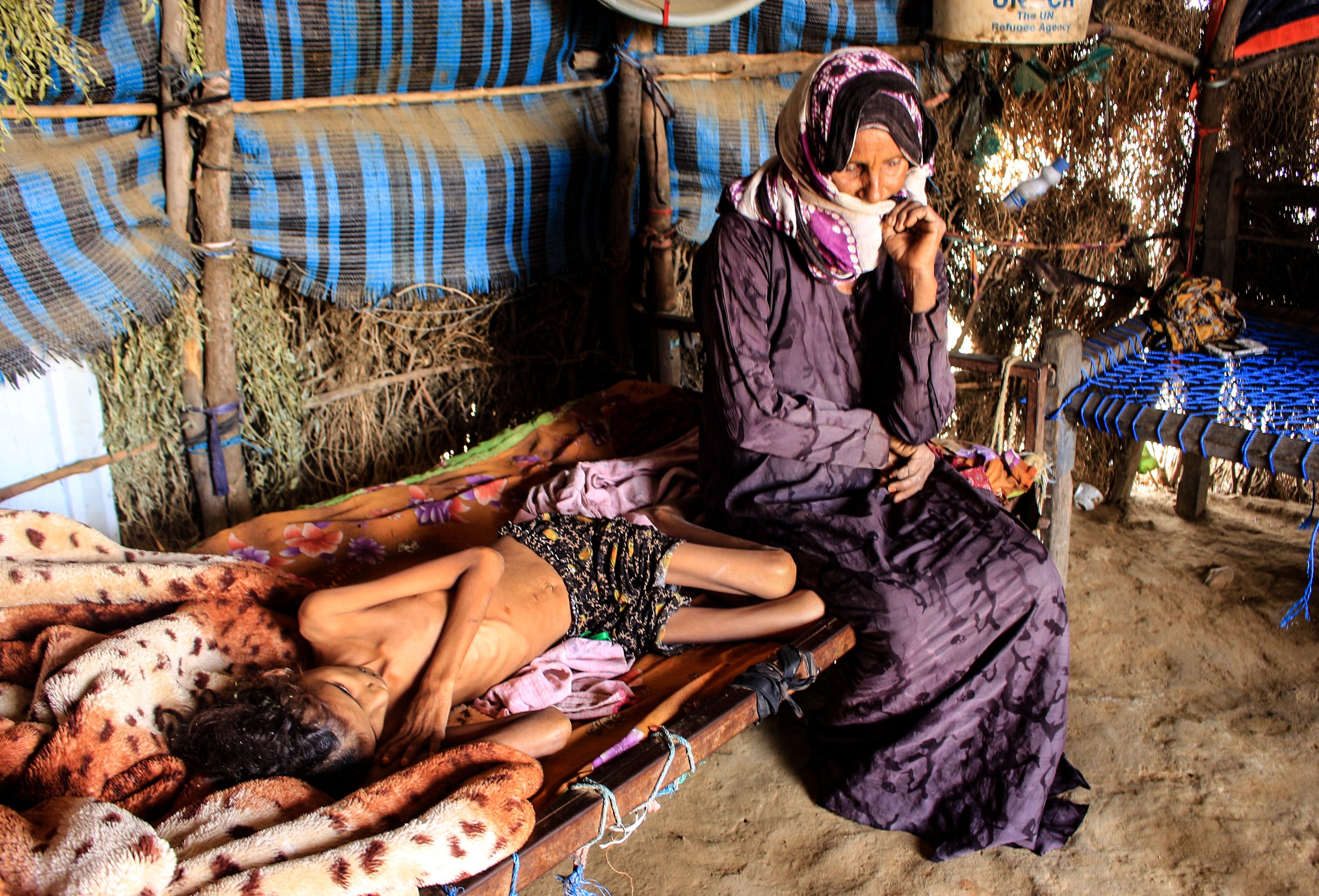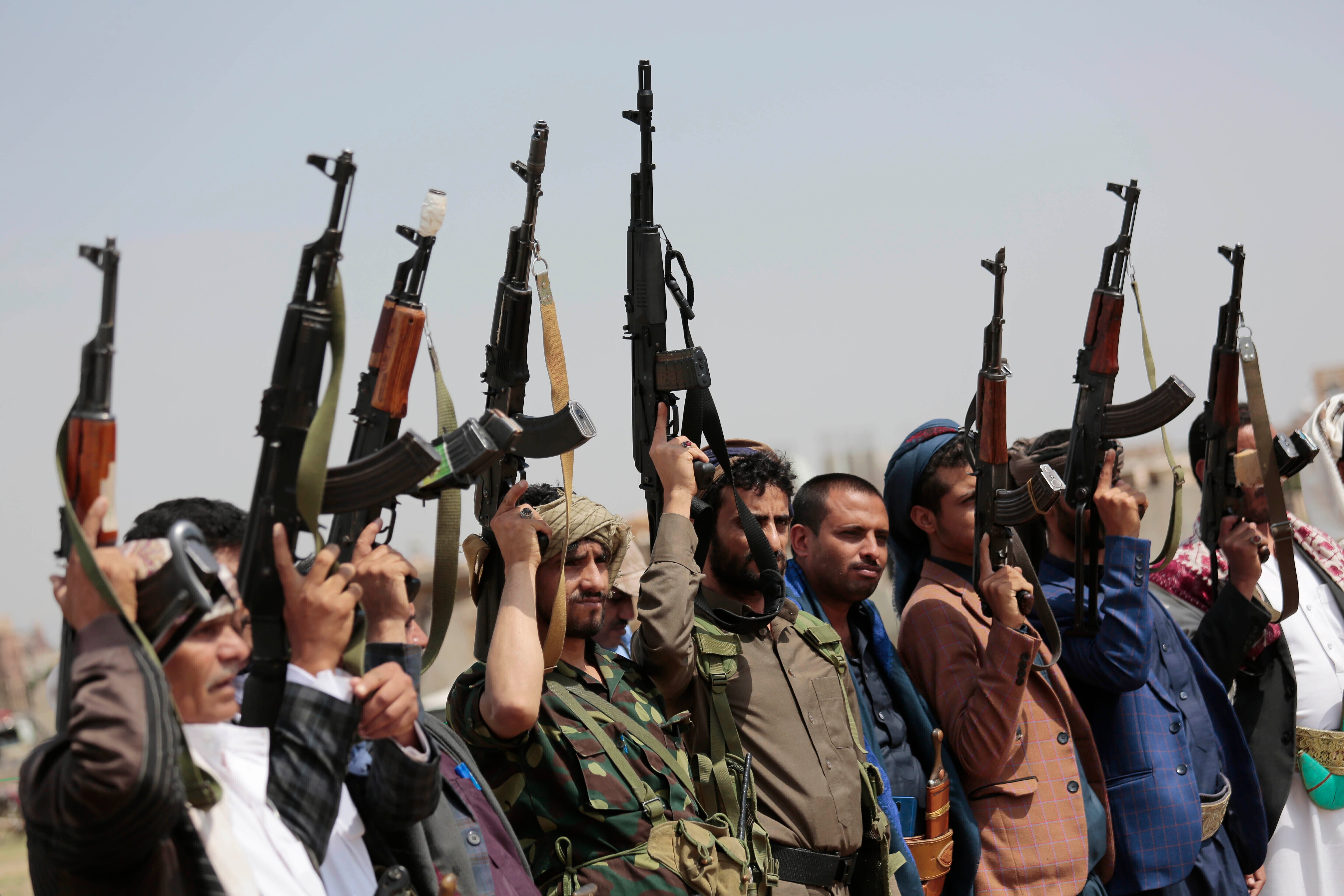As talk of Yemen peace increases, the war escalates
Attacks have increased in recent days despite faint hopes of a diplomatic breakthrough

Even as diplomats struggle to find a formula to end the six-year armed conflict in Yemen, the war on the ground worsens.
In recent days Yemen’s rebel Houthis have launched several attacks on Saudi territory, showing increased daring and technical prowess, while intensifying attacks on a key northern stronghold held by forces loyal to the internationally recognised government.
Saudi-led armed forces have continued airstrikes to maintain a blockade, despite strong messages from Washington that the United States is withdrawing its support for Riyadh and attempting to bring an end to the conflict.
Yemen, one of the world’s poorest countries, is suffering one of the worst humanitarian crises on the planet, with hundreds of thousands in danger of starvation. The nation of 30 million is at the mercy of a multilayered series of wars that have displaced millions.
The United Nations (UN) on Friday warned that 400,000 children are in danger of acute malnutrition this year. At least 112,000 people have been killed in the conflict, including at least 12,600 civilians, according to the Armed Conflict Location and Event Data Project.
The conflict pits the Iranian-allied Houthi rebels in control of the capital, Sana’a, against forces loyal to the internationally recognised government backed by Saudi Arabia. But it has also spawned armed conflicts within the Saudi-led coalition, which is headquartered in the southern city of Aden. Both Al Qaeda and Isis also have presences in Yemen and continue to menace the country.
The recent intensification of the conflict in Yemen has been described as one reason for increased world oil prices, with a key benchmark rising above $60 a barrel for the first time since the onset of the global coronavirus pandemic more than a year ago.
Analysts say the worsening of the conflict in recent weeks likely suggests the combatants are jostling to improve their position ahead of any talks.
“When you move towards a ceasefire or are moving towards some kind of deal-making, the parties try to increase the cost for everybody else and improve their own position,” said Peter Salisbury, Yemen researcher at the Crisis Group.
The Houthi attacks on southern Saudi Arabia have badly damaged a civilian airliner at the Abha International Airport. Saudi officials say that they intercepted two drones fired toward border towns on Sunday, and another fired early Monday morning.
Houthis have also intensified a siege on Marib, the UN-recognised Aden government’s last remaining stronghold in the country’s north, leading to dozens of deaths over nearly 10 days of fighting, news agencies have reported. The fall of Marib, the site of many of Yemen’s oil wells, would amount to a significant blow to the Aden government and its backers.
The region is also home to hundreds of thousands of displaced people, and many worry they could be caught in the intensifying crossfire, potentially destabilising a relatively peaceful enclave that has been a haven for commerce and a hub for humanitarian aid.

“If the Houthis take Marib, they change the dynamic of the entire conflict,” said Mr. Salisbury. “So it’s this incredible prize for them and probably more valuable than any political settlement they’d be able to get today.”
Armed clashes have also increased in Hodeidah, with Houthis pummelling government-held districts of the port city despite a UN-brokered ceasefire which has been repeatedly violated by both sides.
Meanwhile devastating airstrikes by Saudi fighter jets and artillery on Houthi-controlled swathes of the country continue. Amnesty International has identified at least 40 airstrikes by the Saudi-led forces that merit investigation as possible war crimes abuses.
The foreign minister of Yemen’s Houthi-run government, Hisham Sharaf Abdullah, said that although the movement seeks peace and a political settlement, it is “ready for confrontation and retaliation” if the Saudi airstrikes and blockades on air and sea traffic continue.
"As long as the people are subjected to the highest degree of siege and suffering on a daily basis, Sana’a is capable and ready to use all of its capabilities to make the ports and airports of the aggressor nations suffer from part of these repercussions,” Mr Sharaf said in a meeting with Iran’s envoy to Yemen, according to a pro-Houthi news outlet.
Saudi officials and their Yemeni clients have condemned the Houthi attacks. Last week Riyadh’s envoy to the UN demanded a Security Council resolution condemning the Houthi attacks on Abha airport.

“Such an act of terrorism that targets civilian infrastructure and threatens innocent civilian travellers is a heinous war crime, and the Houthi militias must be held accountable in accordance with international humanitarian laws,” Saudi UN envoy Abdallah Al-Mouallimi wrote in a letter.
The administration of President Joe Biden has appointed veteran diplomat Timothy Lenderking as its special envoy to push for an end to a conflict which has turned into a bloody, grinding stalemate. In order to facilitate the delivery of humanitarian aid, the Biden administration is removing a last-minute terrorism designation placed by former President Donald Trump.
“The war has created a humanitarian and strategic catastrophe,” Mr Biden told diplomats during a visit with American diplomats earlier this month. ”This war has to end.”
Join our commenting forum
Join thought-provoking conversations, follow other Independent readers and see their replies
Comments


Bookmark popover
Removed from bookmarks